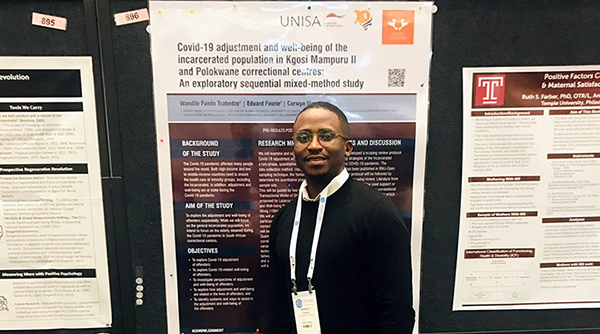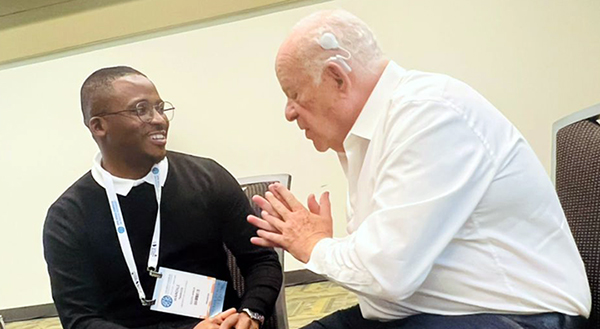College of Education
Unisa conference sparks dynamic exchange on the future of education
Under the leadership of Prof Velisiwe Gasa, the College of Education at Unisa hosted the 13th annual Teacher Education and Interdisciplinary Research (TEIR) Conference, which brought together a vibrant mix of educators, researchers and policymakers from across Africa and beyond. Held from 7 to 10 April 2025, at the Convention Centre in the Sun City Resort, North-West Province, the four-day event served as a dynamic platform for critical dialogue, interdisciplinary collaboration and forward-thinking research aimed at transforming education across diverse contexts.

Group photo of all delegates on the last day
The conference highlighted innovative approaches to teaching and learning through keynote speeches, academic papers and poster presentations, panel discussions and structured networking opportunities. Central to the conference’s agenda was a focus on creating inclusive, sustainable and impactful educational systems.
Delivering the keynote address was Prof Hope Pius Nudzor, Director at the Institute for Educational Research and Innovation Studies, University of Education, Winneba, Ghana. He emphasised the concept of "lesson-drawing" as a method to foster professional development among educators, encouraging delegates to reflect on and adapt global best practices to their local environments.

Dr Loyoso Luvalo, Prof Velisiwe Gasa, Prof Hope Pius Nudzor (keynote speaker), Prof Stanley Ngobeni and Prof Nomanesi Madikizela-Madiya
Participants engaged with a wide array of pressing themes, including the decolonisation of education, integration of indigenous knowledge systems, student support in open distance e-learning (ODeL) and the ethical dimensions of artificial intelligence in higher education. Sessions delved into topics such as rural student well-being, mentorship for emerging female academics and the mental health of PhD graduates in South Africa.

Plenary session
Beyond the academic programme, attendees enjoyed curated social and cultural experiences, including a sunset boat cruise, tours of Sun City’s attractions, and a gala dinner celebrating the continent’s rich cultural diversity.
The TEIR 2025 Conference concluded with delegates energised and equipped with fresh insights, ready to enact change within their institutions and communities.
* By Prof Shila Mphahlele, College of Education
Publish date: 2025/05/16

 Unisa co-hosts G20 community outreach in the Eastern Cape
Unisa co-hosts G20 community outreach in the Eastern Cape
 Unisans gain membership of prestigious science academies
Unisans gain membership of prestigious science academies
 Advocating for disability transformation through servant leadership
Advocating for disability transformation through servant leadership
 Unisa Press continues to illuminate the publishing space
Unisa Press continues to illuminate the publishing space